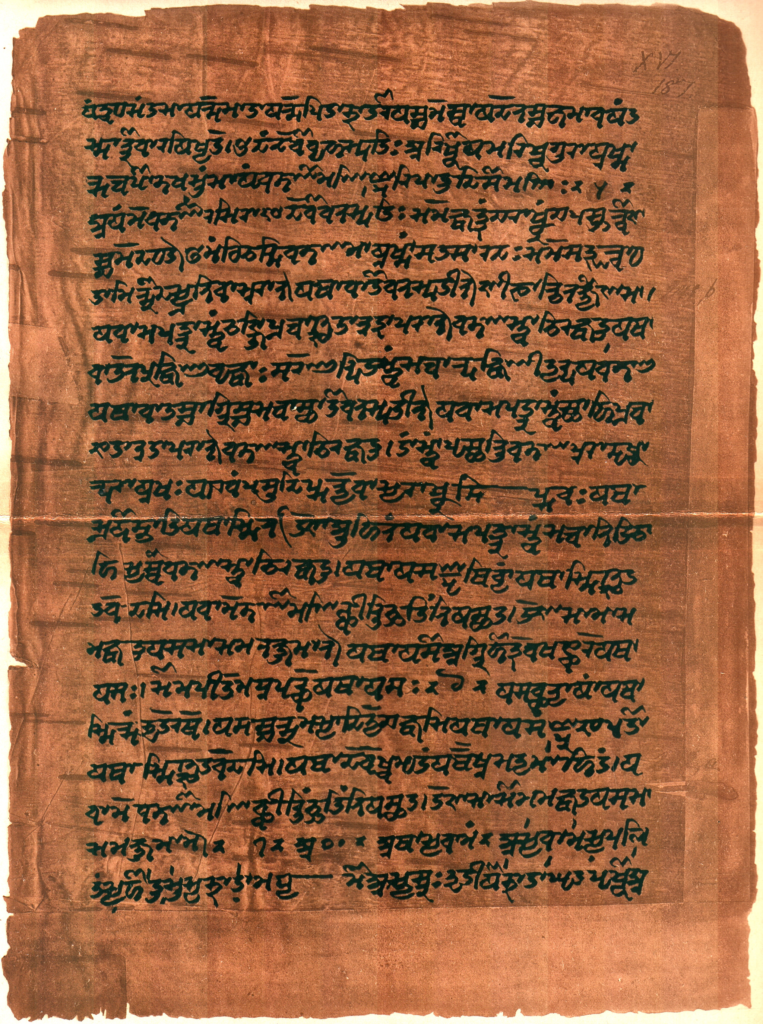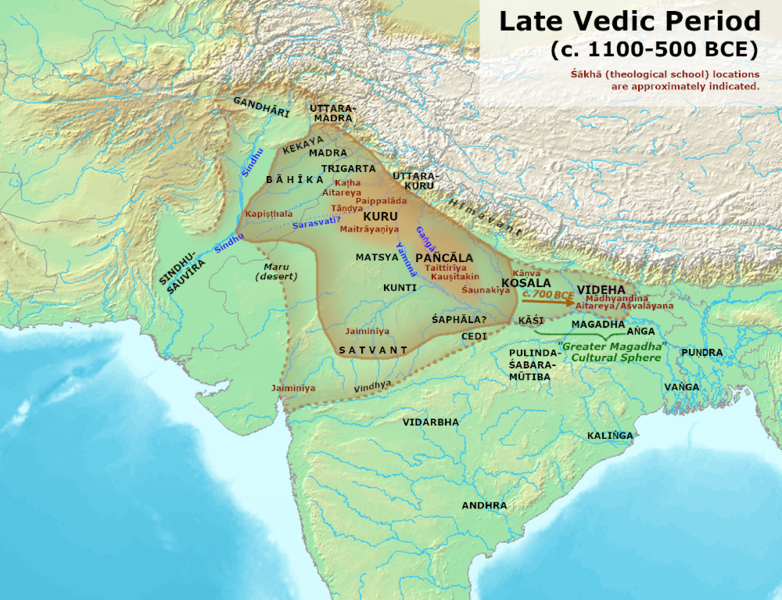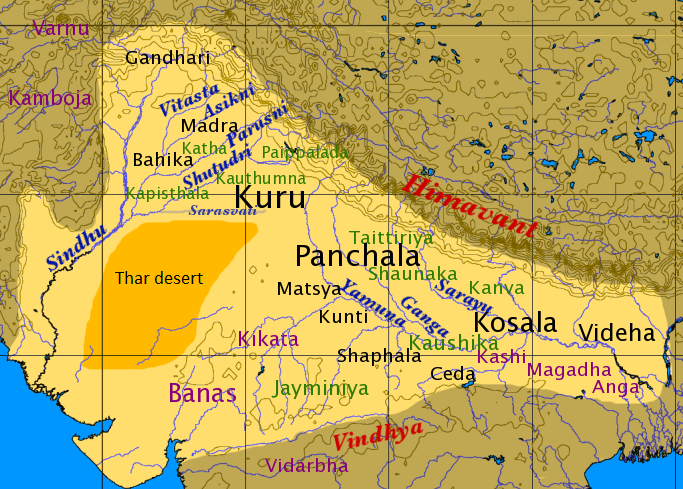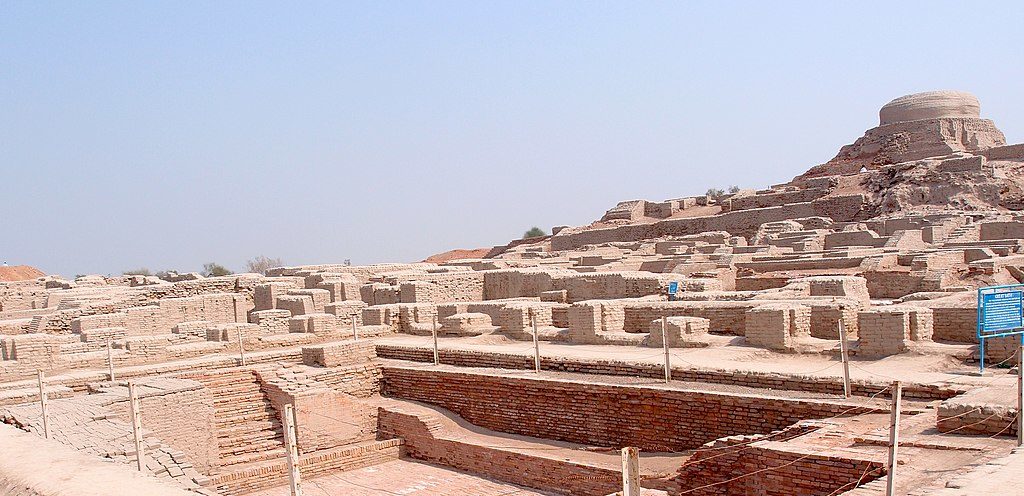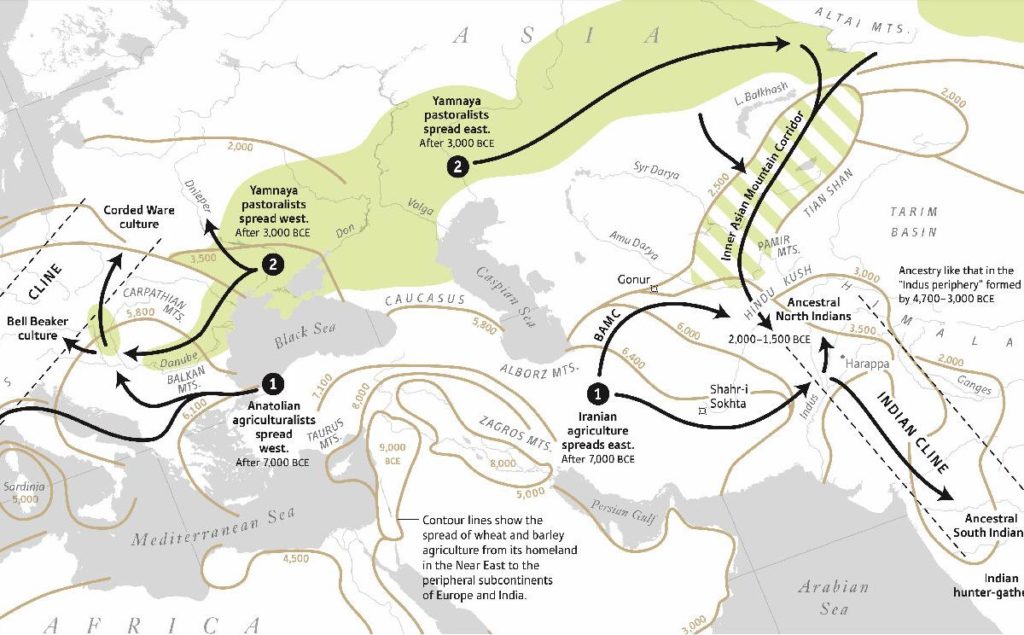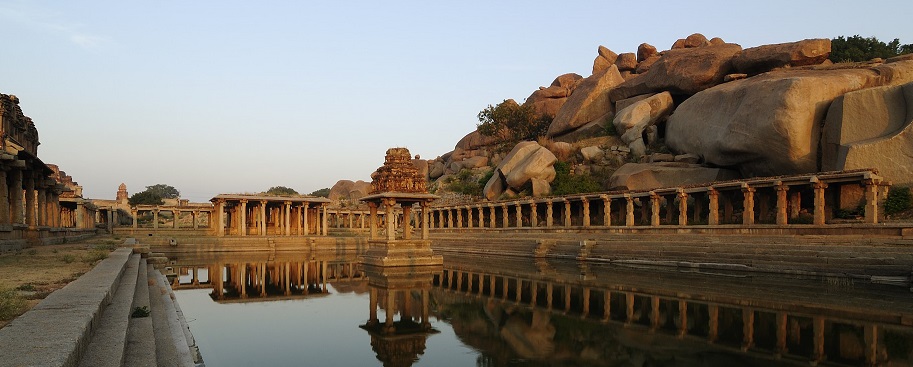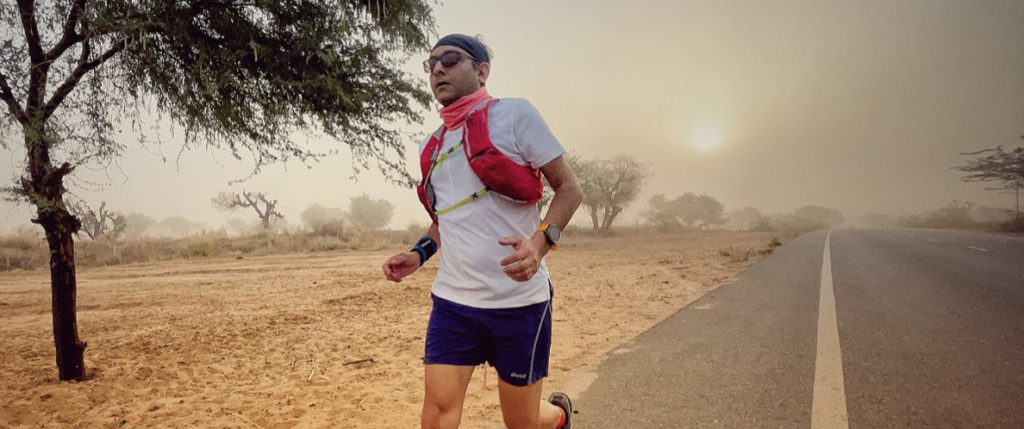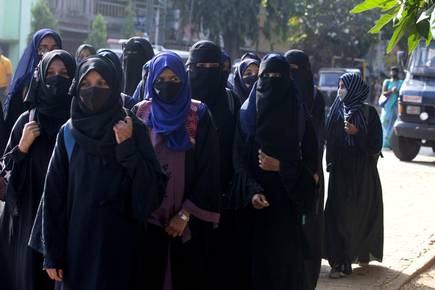
Another BP Podcast is up. You can listen on Libsyn, Apple, Spotify, and Stitcher (and a variety of other platforms). Probably the easiest way to keep up the podcast since we don’t have a regular schedule is to subscribe to one of the links above!
Karnataka hijab issue
This discussion has a lot of digressions and tangential issues but it is a discussion worth having. Leaving aside the Hijab controversy, how India is represented (or more misrepresented) in global media (arguably of both sides) is something Indians have to confront. Maybe that’s a separate podcast why India and Hindutva which is certainly moderate when compared to polities of the subcontinent get such a bad rep. I would lay the blame more on the Indian origin interlocuters than any foreign design (though that bias is undeniable).
I would even go on to add that the Western world, in general, hasn’t treated most non-Western countries as sovereign nation-states. I guess if sovereignty is treated as sacrosanct by people of Indian origin, inspite of personal biases some semblance of balance would be maintained in the “India” discourse
